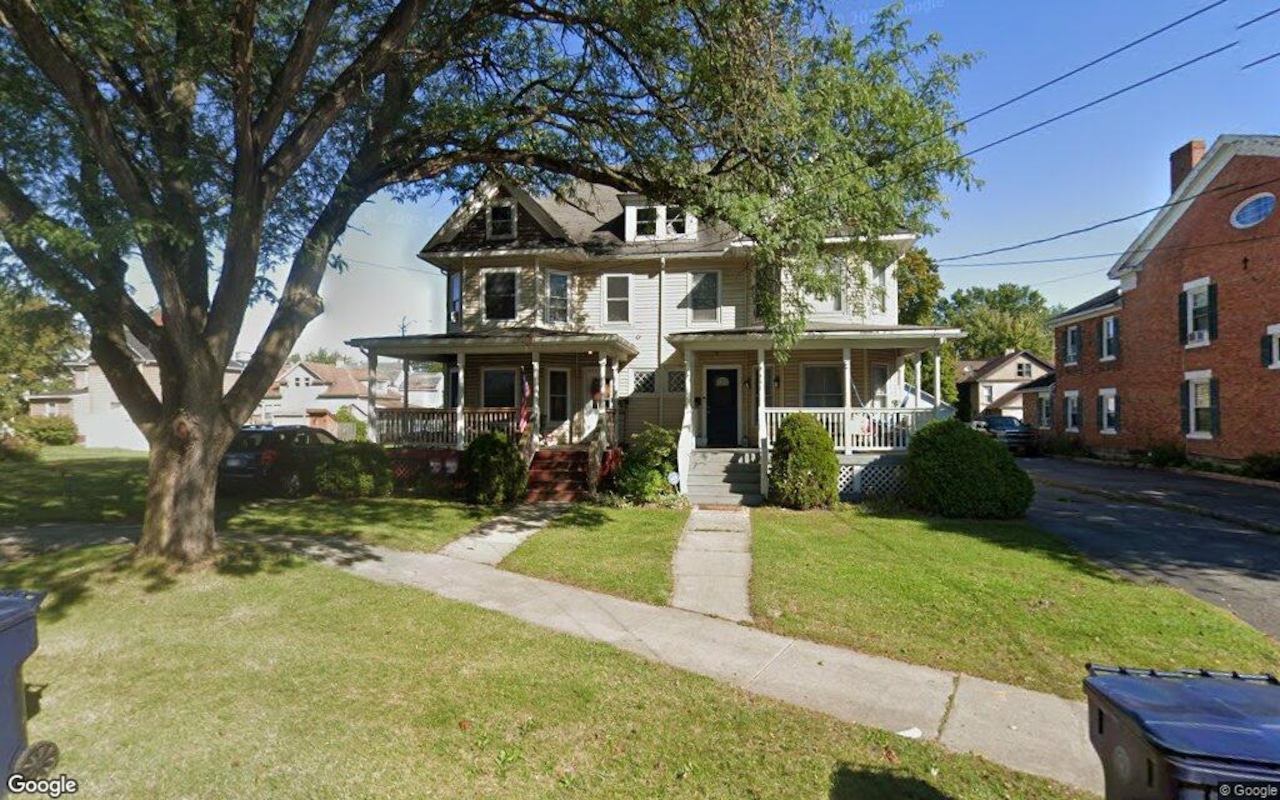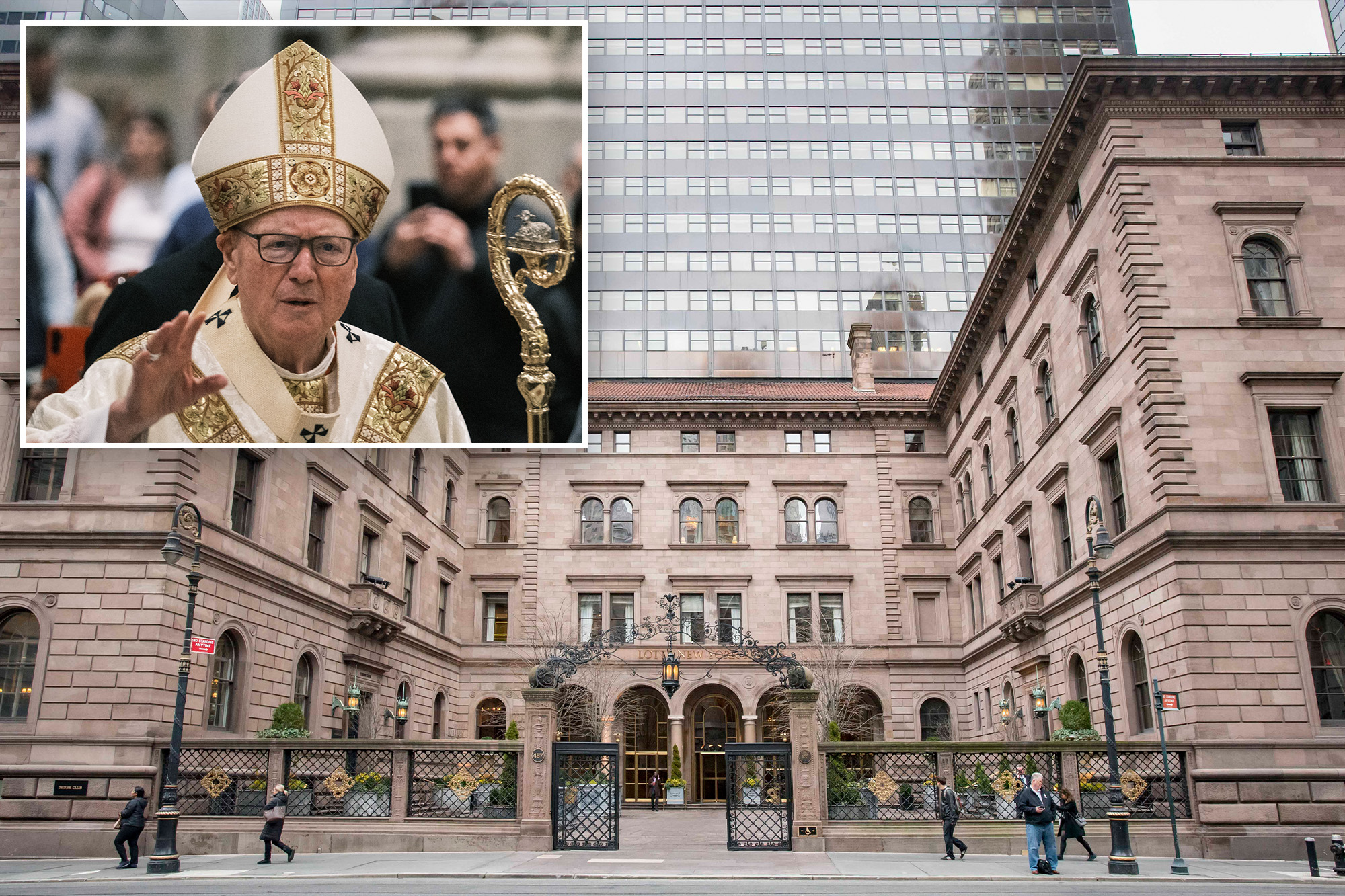I
n the midst of Argentina's economic turmoil, a peculiar phenomenon emerged: landlords became fugitives. Martín López, an alias for a Buenos Aires landlord, found himself entangled in a web of anxiety and paperwork. The culprit? Argentina's 2020 rent control law, which had turned being a landlord into a liability.
The law, introduced during the pandemic, aimed to provide renters with security against unexpected rent hikes. However, it created a perfect storm of risks for landlords. Tenancies had to last at least three years, and annual rent increases were capped to a weighted average of inflation and wage growth. Rents also had to be paid in pesos, a currency in free fall due to spiraling inflation.
Landlords like Martín López were forced to navigate this treacherous landscape. They either sold their properties, transformed them into short-term Airbnb-style rentals outside the controls, or left units empty. The result was a housing shortage, with tenants scrambling for scarce formal leases and landlords twisting themselves into knots trying to extract value from their properties without breaking the law.
The situation became so dire that even temporary contracts were expensive and absurd. Bruno Panighel, a 29-year-old financial consultant, recalls signing four rolling three-month contracts in advance to secure an apartment with his girlfriend. Every quarter, they visited the realtor to destroy the expired contract – mere formality, part of a gentleman's agreement to mimic a yearlong lease.
The law's unintended consequences were staggering. Real rent prices increased by about 50 percent in the Buenos Aires metropolitan area in 2023, making ordinary renting a luxury few people could afford. The poor, young, and mobile were the biggest victims – those unable to afford down payments for purchases or pricier dollar rentals.
Enter Javier Milei, Argentina's libertarian president-elect, who promised to take his chainsaw to the country's corporatist government. One of his first moves was Decree 70/2023, which repealed rent controls and mandatory minimum tenancy lengths. The decree left landlords and tenants entirely free to negotiate almost every aspect of their agreements – rent levels, currency used for payment, and any collateral or guarantees needed.
The results were immediate and beneficial. Zonaprop's data showed a surge in supply of apartments, with the rental housing supply increasing by 212 percent in the Buenos Aires metropolitan area by June 2024. Even with landlords freed to account for uncertainties and risks, real rents have fallen. The average price of a one-bedroom apartment in Buenos Aires increased by 61 percent in cash terms in 2024 – about half the inflation rate.
Oscar Scarcella, a 64-year-old lawyer from Mar del Plata, is one landlord whose decisions were altered by Milei's decree. He owns two small apartments and a warehouse currently leased to a motorcycle repair shop. "The new regulation has changed a situation that disincentivized me from putting my properties on the rental market," he says.
Behind the aggregate data are thousands of decisions like Martín's and Scarcella's. Tenants are benefiting from the competitive pressure, with Panighel and his partner now enjoying a yearlong contract with rent levels updated every quarter. Valentina Morales, an economist and influencer, notes that bigger apartments in similar locations in Buenos Aires are being offered for the same cash rental price as this time last year.
Rent decontrol hasn't fixed all of Argentina's housing woes – evictions remain difficult to implement due to institutional weakness and lack of protection for private property. However, Milei's deregulation demonstrates that removing government from voluntary transactions can benefit both sides. The Argentine experience serves as a cautionary tale for policymakers who risk repeating the same dreadful outcomes with fewer excuses for their ignorance.
As the post-pandemic world grapples with housing shortages and economic uncertainty, Argentina's experiment offers a crucial lesson: rent controls are not the solution to providing renters with security – they're often the problem.















